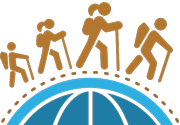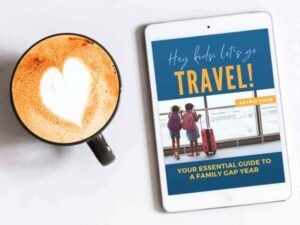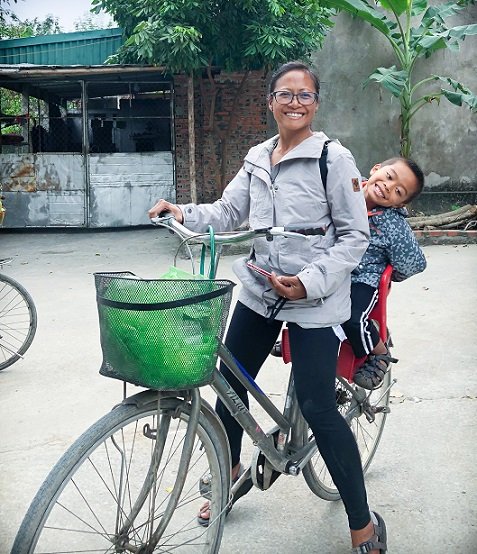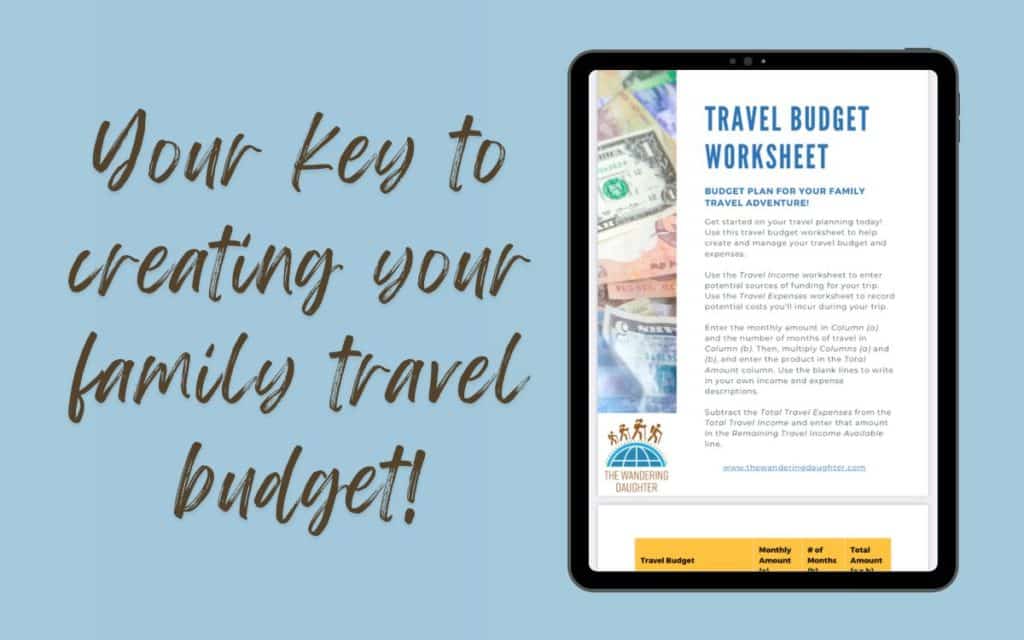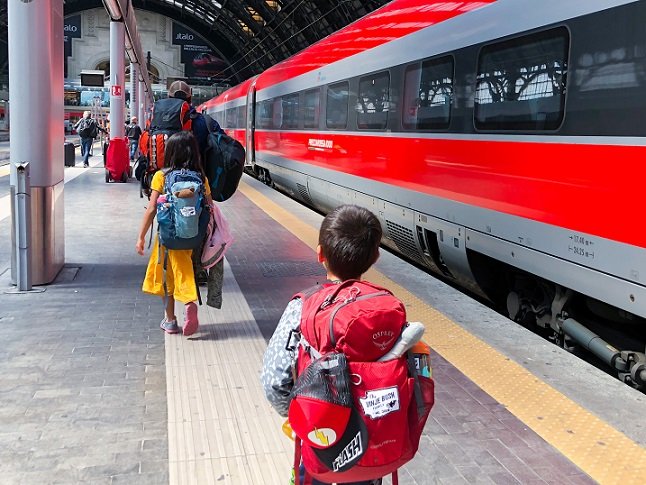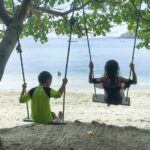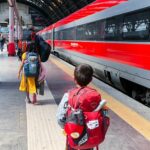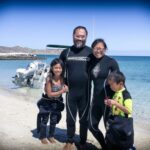5 Easy Ways to Incorporate Worldschooling Into Your Travels
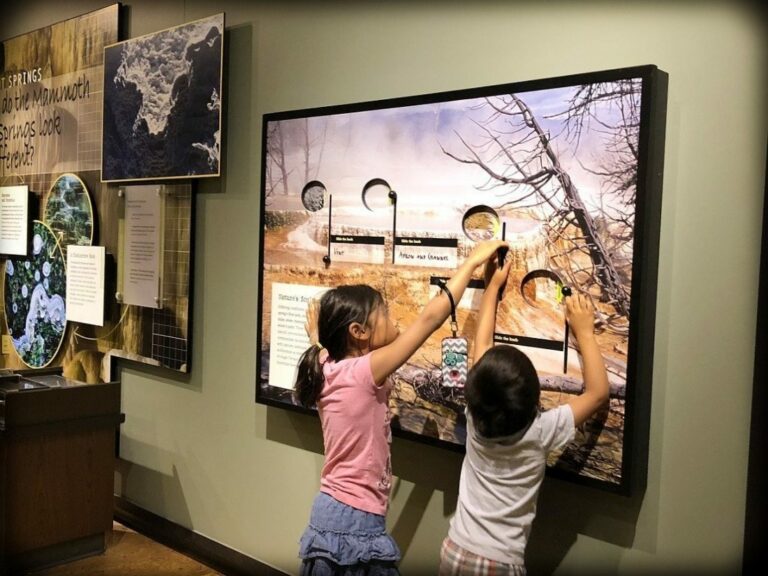
It’s been over three years since we started worldschooling. Since then, I’ve shared our experience of being a worldschooling family both on this blog and in other media outlets. And we even talked about the educational benefits of traveling with our kids on CNN!
While I wouldn’t call myself an expert on worldschooling, I can say that three years and more of this experience has afforded us some valuable lessons in experiential learning. And one thing I can say, the act of travel, itself, has been so beneficial to my children and my family.
This post was updated on July 24, 2021.
This post may contain affiliate links. That means I may receive a small commission if you click on the link and purchase something. But don't worry, this will not result in any extra costs to you.
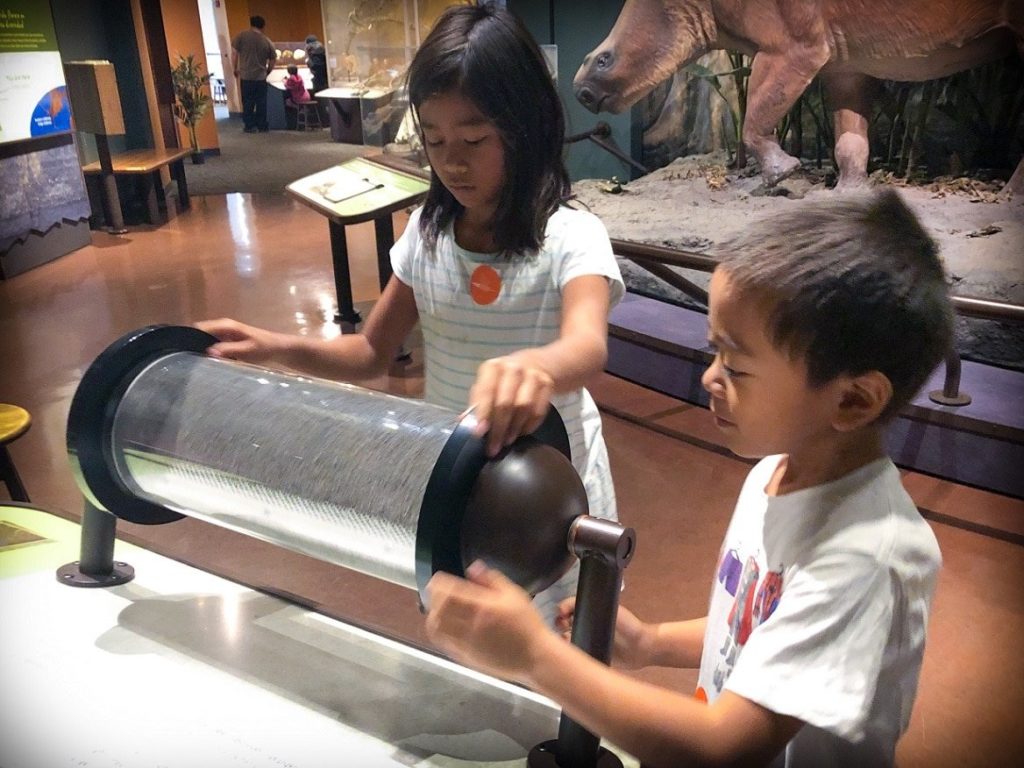
The educational benefits of traveling
There is much literature online about the educational benefits of traveling for kids. We’ve seen it first hand since going on the road. But even when we weren’t traveling full time, we saw how much our kids learned through travel.
Kids learn geography when they travel. They learn how to navigate cities and understand the importance of maps. Kids also learn about different cultures and ways of life, even if it involves travel within the same country.
One of the more important educational benefits of traveling is that it gives kids a sense of place in the world. They understand the role they play, and gain empathy for others. Travel helps them see the inequities of the world, and also the potential of the world. It truly helps kids become global citizens.
Encourage your kids to become aware of the privileges of travel with these age-appropriate tips for talking about travel privilege.
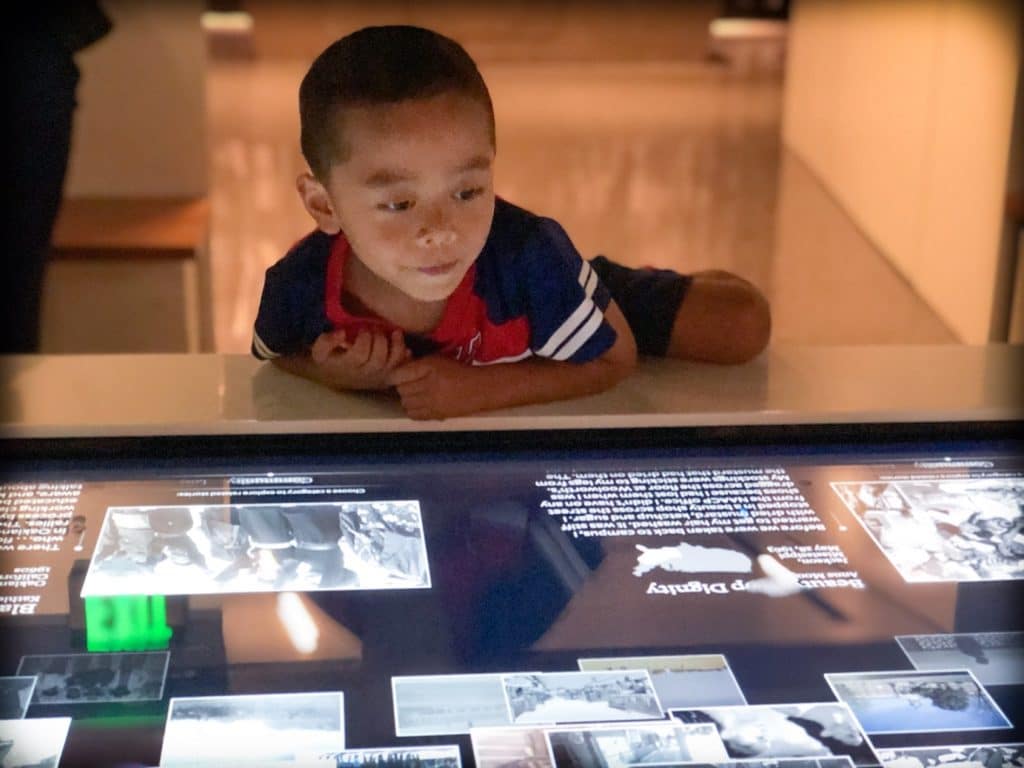
Tips for adopting a worldschooling philosophy to your travels
Even if you’re not a full-time traveling family like us, your kids can still gain from the experiential learning experiences that travel has to offer. Friends often ask me how hard it is to worldschool. I reply that it’s actually pretty easy.
Worldschooling doesn’t have to be a complete replacement of traditional schooling (or homeschooling). Instead, it can supplement the educational activities you already do with your kids. There are many homeschooling activities that families that still doing traditional schools can do with their kids.
For my kids, I like to use a variety of worldschooling resources. I often rely on an eclectic mix of books, videos, and hands-on activities to make learning interesting and engaging for my kids.
If you’re curious about how you can incorporate a worldschooling philosophy to your travels, here are five easy suggestions you can try on your next trip.
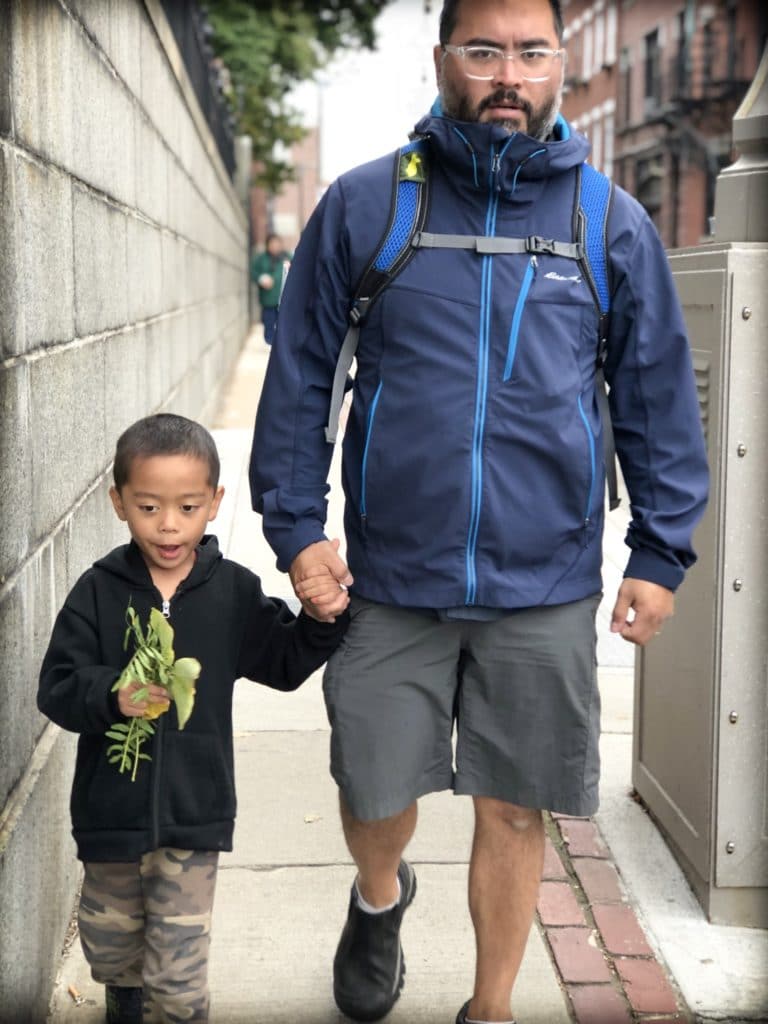
1. Engage in worldschooling by reading books about the places you visit
We love experiential learning. But we also love reading books. Before your next trip, take some time to read up on the places you plan to visit.
When we were preparing for our travels to Italy, we read up on Ancient Rome. Our local public library has a great selection of ebooks, which gives us access to a wealth of reading material, without us having to lug actual books with us. But you can also buy books online to keep with you before and after your travels.
Here are some good books and series and series you can buy that will inspire travel in your kids:
Living In ... Around The World Collection
National Geographic Kids National Parks Guide
Dive deeper into the topic of worldschooling and how you can get started on worldschooling here.
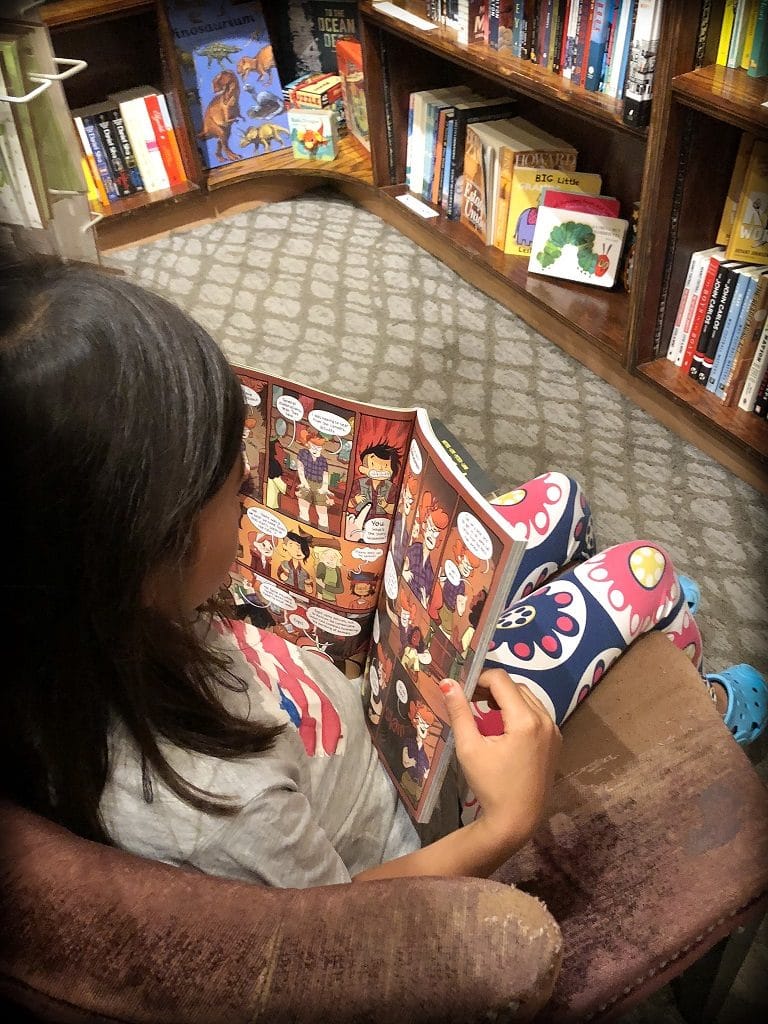
2. Use YouTube to encourage visual learning
Parents like to bad mouth YouTube, much like they did with TV a generation ago.
“It will rot your brain. It’s all garbage,” is the common refrain.
But the smart parent knows that YouTube can be a valuable tool in your worldschooling toolkit.
When we go to a new place, we’ll watch videos of the places we’re visiting. Before we went swimming with dolphins in Mexico, for example, we watched several videos to learn about dolphins. And when we went on a canopy tour during our 10 day Costa Rica itinerary, we learned about the different levels of the rainforest.
Videos are a great way to encourage visual learning. There are a lot of educational channels on YouTube that worldschooling families can use as resources. Our favorites are Crash Course, SciShow Kids, and Geography Now!
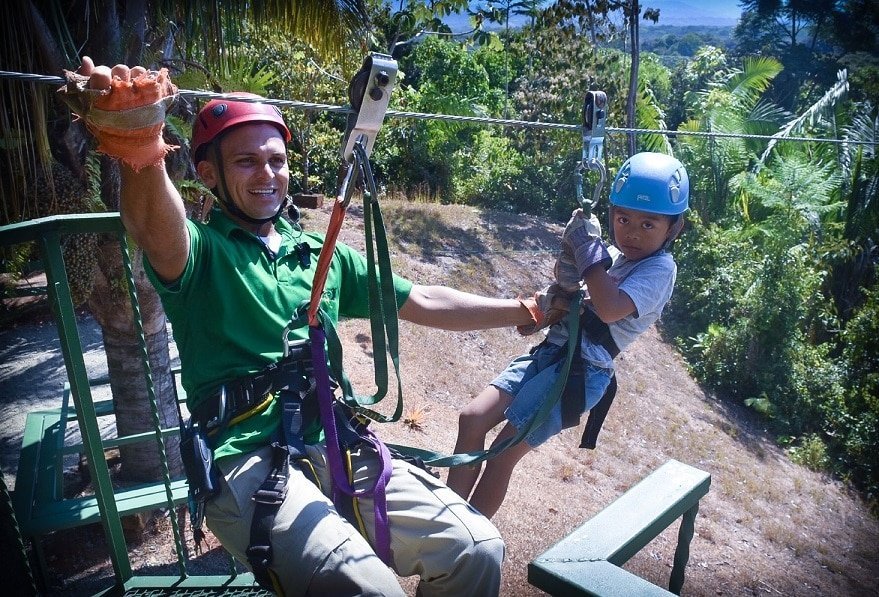
3. Create worldschooling scavenger hunts with your kids
My kids love scavenger hunts. When we go to museums, we like it when they have scavenger hunts to get the kids engaged in the museum. But even if a place doesn’t offer a scavenger hunt, you can still reap the benefits of experiential learning by creating one yourself for your kids.
Sometimes I'll make up my own scavenger hunt for the kids. When we visit a market, I write out a list of items that the kids need to spot at the market. Or when we take a walk around a city, I give them objects, buildings, and landmarks that they need to spot. This helps hone their observation skills.
Take a look at these other useful tips for becoming a worldschooling family.
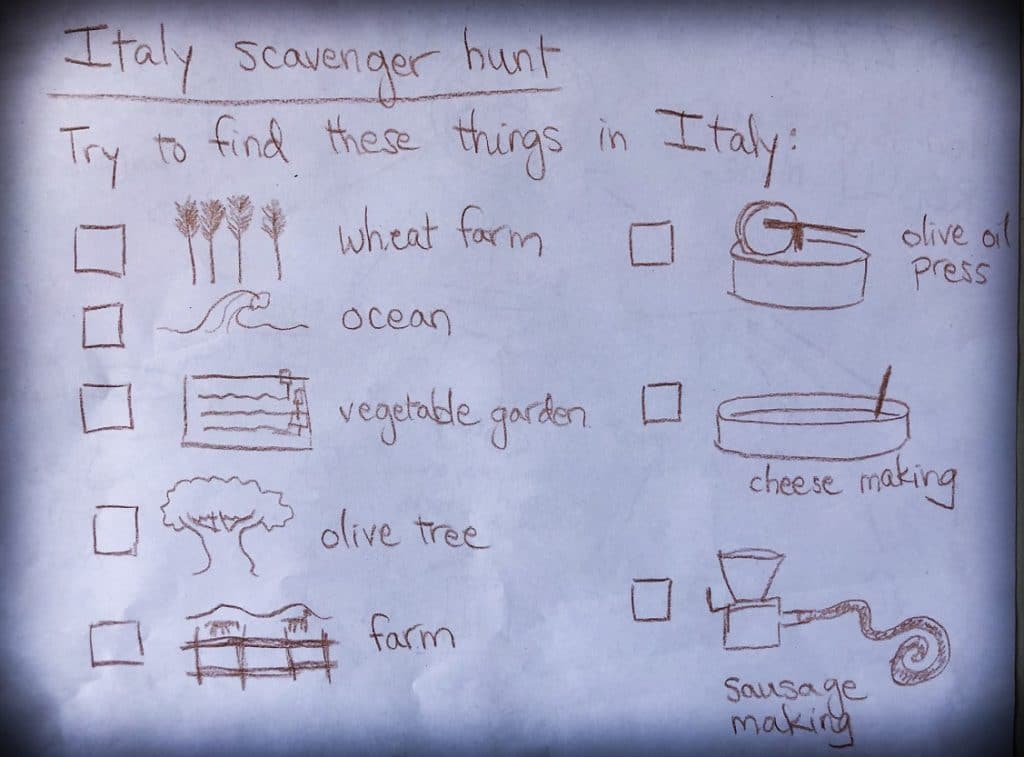
4. Ask your kids "why" questions
I’m a big believer in the Socratic method. Kids can learn a lot by simply asking questions.
When you travel with your kids, turn the tables and ask them questions. Ask why they think things are done a certain way. Ask your kids how they think things were made. And ask them what they might have done differently.
Posing questions to your kids helps them think critically about the experiences they are having. It’s a key component to experiential learning, and makes worldschooling successful.
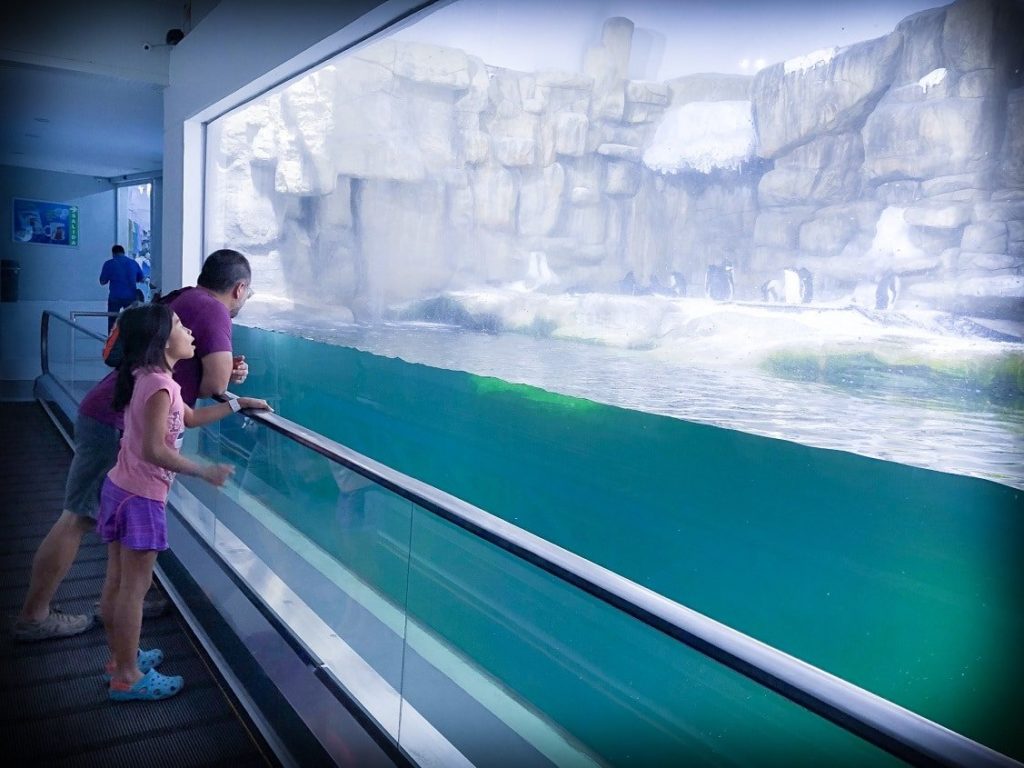
5. Take part in guided tours, classes, and workshops whenever you can
Guided tours are a great way to learn more about a destination. The same goes for classes and workshops. These worldschooling activities help kids learn and stay engaged in a hands-on way.
Over the years, we've had more tours, classes, and workshops than we can count! We've made chocolate in Costa Rica, cooked tamales in Mexico, and toured a Bali night market. We have learned about sea turtles and whale sharks in Mexico, and Komodo dragons in Indonesia.
Our kids learn so much from these experiences without even realizing that they're learning. And that's the best part about it. Tours, classes, and workshops are an easy way to incorporate worldschooling into your travels while still keeping all the fun.
If you're looking for some good tours to do during your travels, take a look at the tours offered on the following sites like Urban Adventures and Viator.
If you're curious about how to do all these activities without going broke, take a look at my seven useful tips on affordable world travel.
Seeking out experiential learning activities during your travels
We love traveling with our kids, and we think there are so many educational benefits to traveling. If you’re planning a trip with your kids, take some time to seek out experiential learning activities with your kids, not just activities that will be entertaining.
Any family can be a worldschooling family. There is so much that kids can learn from the world, and it doesn’t take much to help them learn!
Are you a worldschooling family? What are some of the educational benefits of traveling you’ve experienced with your kids? Share them in the comments below.
If you're ready to start planning your own big worldschooling adventure, use my ebook, Hey Kids, Let's Go Travel! as your guide to planning a familyl gap year.
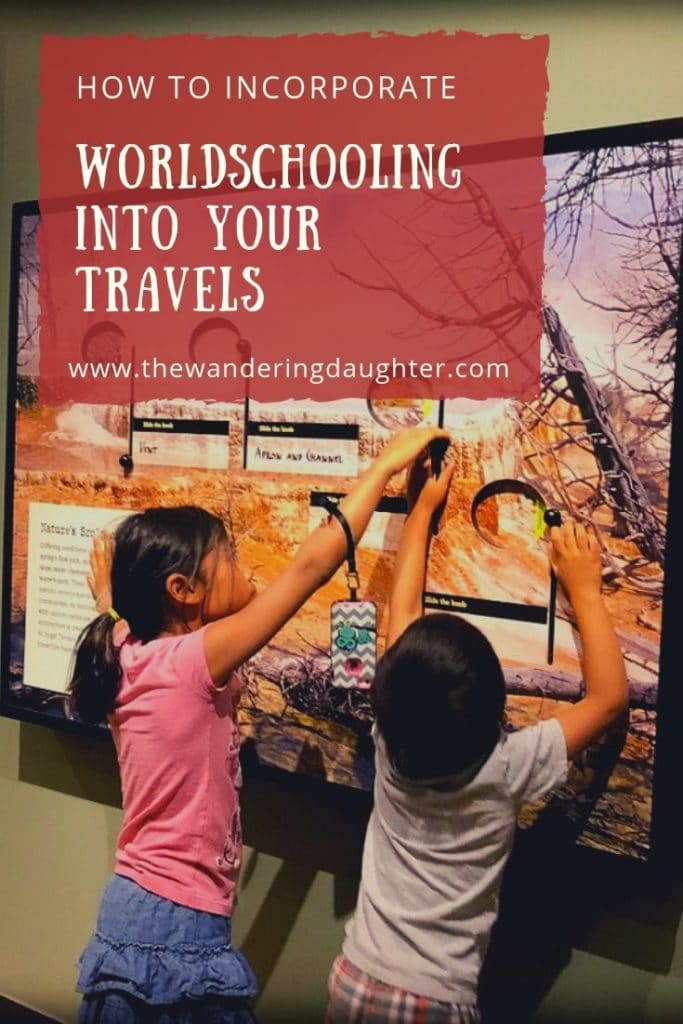
Need help thinking through how to budget for a family trip? My Travel Budget Worksheet is just the tool you need! Click here to receive your free copy by signing up for my newsletter.
Want to connect with me on social media? Find me on Facebook, Instagram, Pinterest, and Twitter. And for those of you who are dedicated to traveling more responsibly, sustainably, and ethically, join over 200 like-minded families on my Facebook group, Responsible Family Travel.
